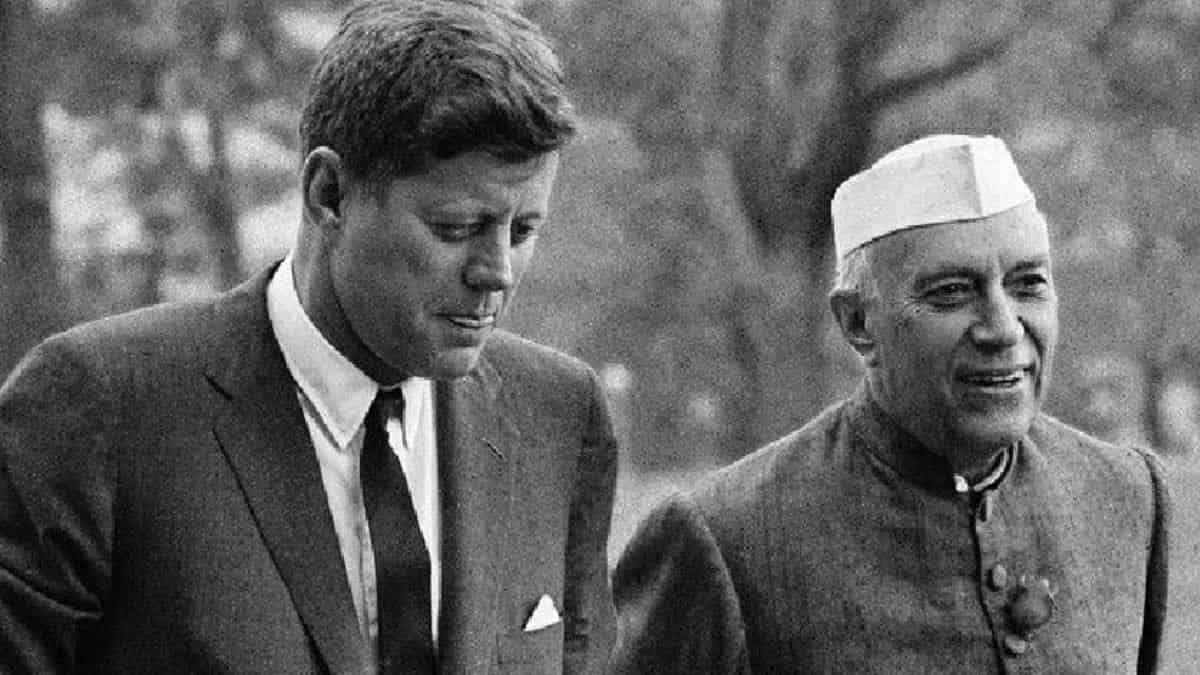John F. Kennedy liked India, But his assassination changed everything

One of my main responsibilities as Bowles’ personal assistant [in India] was to manage the schedules of significant guests to Steb—people like Duke Ellington, Pete Seeger, and others—and leverage their presence to put on performances that Indians would enjoy. Those were the days when I would get up early and skim the morning newspaper. I’d swiftly skim through the seven or eight English-language periodicals, highlighting anything that should be brought to the Ambassador’s attention.
On November 23rd, I was up extra early because it was Dagmar’s birthday, and I discovered the newspaper face down on our doorstep. I was shocked when I flipped over one of the papers after arranging birthday cards around Dagmar’s place at the breakfast table.
Kennedy was assassinated, it reads in bold black text.
My initial reaction was that someone was playing a sick joke on me. I flipped each of the pages over one by one.
I couldn’t believe my eyes; only the premature death of a close cousin could have shocked me more. I re-read the headlines. They were as straightforward as they were magnificent. I couldn’t process it for some reason. I stood motionless for what seemed like an eternity as a slew of implications raced through my head.
I needed to communicate with someone. To summon Doug Bennet, to wake Dagmar, to do something.
Bowles was set to visit President John F. Kennedy in the Oval Office on November 25th to discuss the potential of expanding military aid to the Indians in view of recent tensions between the Indians and the Chinese.
Bowles believed that such help would advance our interest in — and relationship with — India, and that Kennedy would be receptive to the notion. Kennedy, on the other hand, was no longer alive. What would happen if this chance was lost?
Bowles was keen to present President Kennedy with a justification for additional military aid to India. After an armed war in late 1962 along the ill-defined and disputed border between the two Asian states, tensions between India and China remained high.
While the US responded to Nehru’s plea for help with communications technology and small arms, it did so with caution, knowing that our friend, Pakistan, would argue that whatever weaponry we sent to India could and would likely be used against them. Bowles took the long view, believing that India will eventually provide a democratic counterweight to China’s power. That had been the subject of one of his Delhi University lectures.
A delegation of US Senators led by Gale Magee had come to see if our equipment had been useful to the Indian army in the highlands and had been deployed effectively.
The guests actually traveled to Leh, Ladakh, to meet with senior Indian officers. They had come to the conclusion that the material provided by the United States was truly welcome. They did, however, believe that more substantial help was warranted.
However, Kennedy’s death puts an end to our brief military supply operation to India. Bowles then shifted his focus to promoting the significance of assisting India’s economic development, claiming that only a strong and successful India could counteract China’s ambitions.


